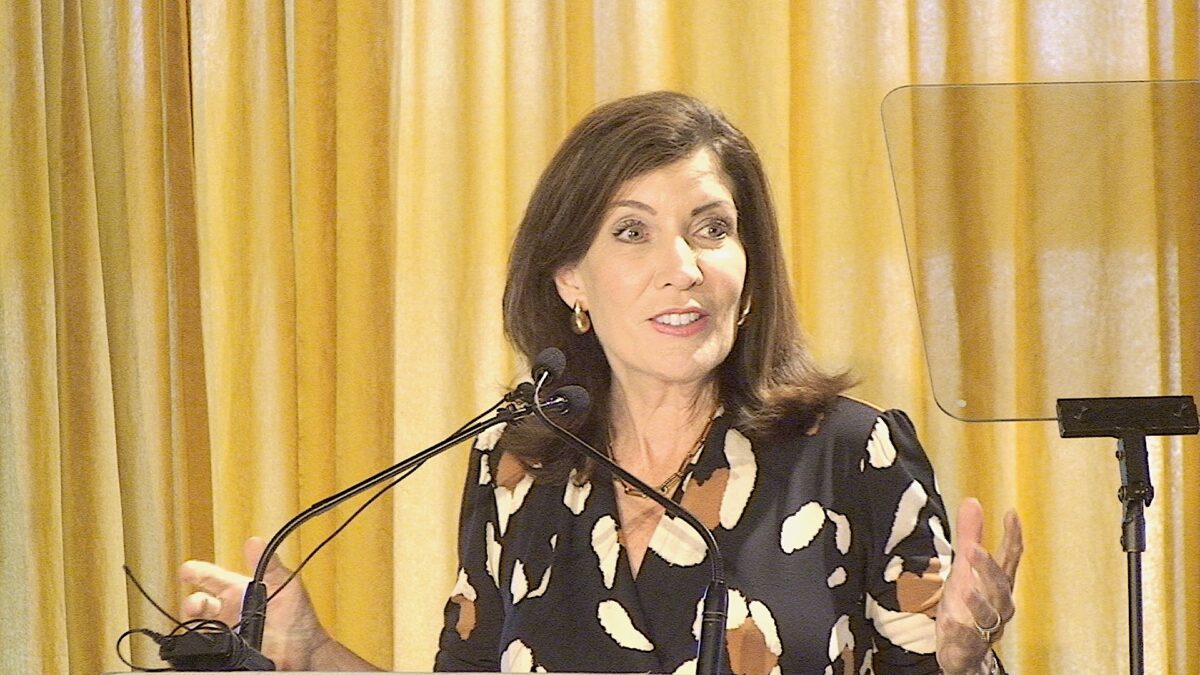It was rum that once fueled pirates waging battles in the Caribbean.
Today, it”™s subsidies and tax incentives that are fueling a rum war between Norwalk”™s Diageo North America and Bacardi.
Diageo and the U.S. Virgin Islands signed a deal in 2008 that would result in the production of as much as 20 million gallons of rum annually for its Captain Morgan brand for 30 years starting in 2012 at a new production facility in St. Croix. Diageo currently buys rum in a contract that expires in 2012 from Puerto Rico-based Destileria Serralles.
Diageo could receive in direct and indirect tax incentives as much as $2.7 billion from the deal.
Part of the incentives involved in the deal were approved last year as part of the salvaging of the financial markets; that part expired on the last day of 2009 and the U.S. Senate was considering extending it last week. Puerto Rican officials have called the arrangement with the Virgin Islands an unfair corporate subsidy.
Â
Diageo has alleged that Bacardi, a Bermuda-based family business, is trying to benefit by using a campaign of misinformation to get Congress to retroactively overturn the incentives offered by the U.S. Virgin Islands in order to protect their subsidies.?In a statement Guy Smith, executive vice president of Diageo North America said, “They know that because of a quirk in federal law they can protect their huge government subsidies by driving Captain Morgan rum production anywhere rather than the U.S. Virgin Islands.”
Smith said the U.S. Virgin Islands economy would greatly benefit from Captain Morgan and would allow the company to keep its production within the U.S. Bacardi has its headquarters in Catano, Puerto Rico and is incorporated in Bermuda.
Smith said Bacardi Ltd., receives tens of millions of dollars a year in annual government rum subsidies and is making a calculated decision to try to drive competitors out of the United States.
The Rum Excise Tax Cover-Over program is the program that rebates to Puerto Rico and the Virgin Islands most of a $13.50 excise tax on every proof gallon of rum sold in the U.S. It is this program that is the bone of contention.
With the rebate share proportional to the amount of rum produced in each territory, almost 85 percent of it is produced in Puerto Rico, mostly by Bacardi and Ponce-based Destileria Serralles Inc.
In addition to trying to drive competitors away, Diageo and Smith allege that Bacardi works with “other self-interested constituents and corporations” to make spurious claims about the U.S. Virgin Islands initiative.
Diageo has said The National Puerto Rican Coalition is a facade for an anti-U.S. Virgin Islands campaign, responsible for urging Puerto Ricans in the U.S. to shun the goods of Diageo.?“This issue is about one point, the appropriate use of approximately $2.7 billion in taxpayer money,” said Patricia Neal, a spokeswoman for Bacardi. “This isn”™t about where Diageo receives a free distillery, but about the proper use of federal tax dollars. Diageo has some explaining to do to the U.S. Congress and American people.”


















